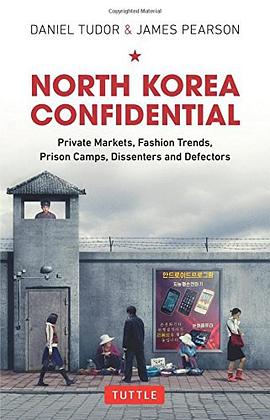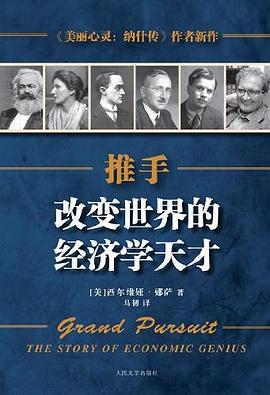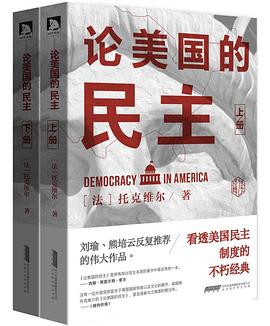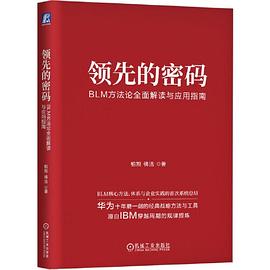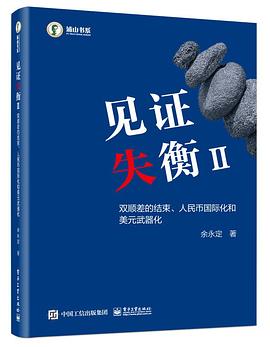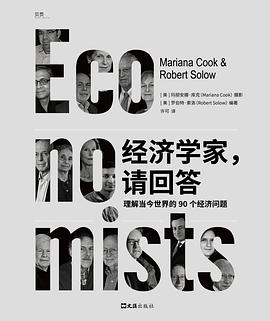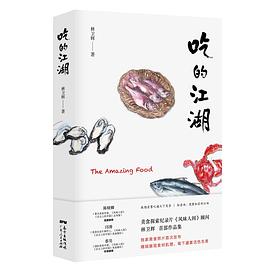North Korea Confidential
内容简介
Private Markets, Fashion Trends, Prison Camps, Dissenters and Defectors.
North Korea is one of the most troubled societies on earth. The country's 24 million people live under a violent dictatorship led by a single family, which relentlessly pursues the development of nuclear arms, which periodically incites risky military clashes with the larger, richer, liberal South, and which forces each and every person to play a role in the "theater state" even as it pays little more than lip service to the wellbeing of the overwhelming majority.
With this deeply anachronistic system eventually failed in the 1990s, it triggered a famine that decimated the countryside and obliterated the lives of many hundreds of thousands of people. However, it also changed life forever for those who survived.
A lawless form of marketization came to replace the iron rice bowl of work in state companies, and the Orwellian mind control of the Korean Workers' Party was replaced for many by dreams of trade and profit. A new North Korea Society was born from the horrors of the era—one that is more susceptible to outside information than ever before with the advent of k-pop and video-carrying USB sticks. This is the North Korean society that is described in this book.
In seven fascinating chapters the authors explore what life is actually like in modern North Korea today for the ordinary "man and woman on the street." They interview experts and tap a broad variety of sources to bring a startling new insider's view of North Korean society—from members of Pyongyang's ruling families to defectors from different periods and regions, to diplomats and NGOs with years of experience in the country, to cross-border traders from neighboring China, and textual accounts appearing in English, Korean and Chinese sources. The resulting stories reveal the horror as well as the innovation and humor which abound in this fascinating country.
......(更多)
作者简介
......(更多)
目录
......(更多)
读书文摘
脫北者要現在南韓找到掮客,通常透過脫北者社群内成員的推薦。寄錢者把錢交給掮客,後者把錢匯存到中國的賬戶,另一個中介可能是住在北韓的韓國華僑,他們透過中國的智慧手機與行動銀行確認錢已經入賬。接下來,中介直接從他在北韓賬戶中提領出相當的數額,而不提領在中國賬戶中的款項。
事情的轉折點是一九九零年代中期的大饑荒,政府所保證的常態糧食配給制度在此時消失了,而且再也無法回復。幸存者從這次的經驗中得到的教訓是自力更生,這不是“主體”意識形態下的自主,而是透過不顧一切的資本主義來自力更生。儘管私有財產與私人貿易仍舊被視作非法,但在飢餓後的北韓,真實的經濟法則只有一條,那就是不要遵守任何法則。
......(更多)
